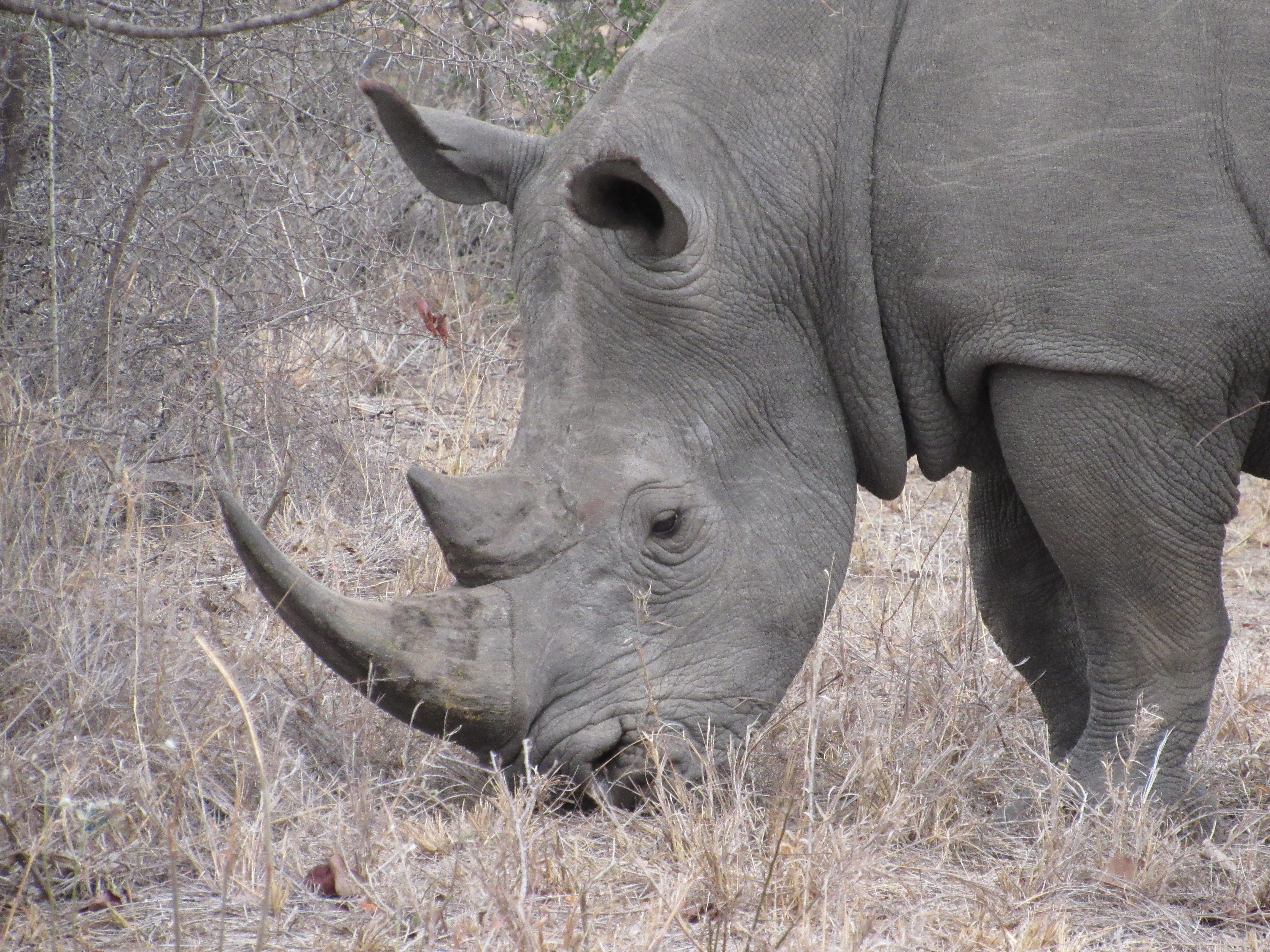2016 AGU Abstracts

From December 12-16, the American Geophysical Union (AGU) will hold its annual meeting. The LTER Network sites will be well represented with a total of 113 presentations and posters. LTER-related presentations have been organized below by day and time. Please excuse any omissions or misattributions. We will continue to add to and adjust this list up… Read more »






